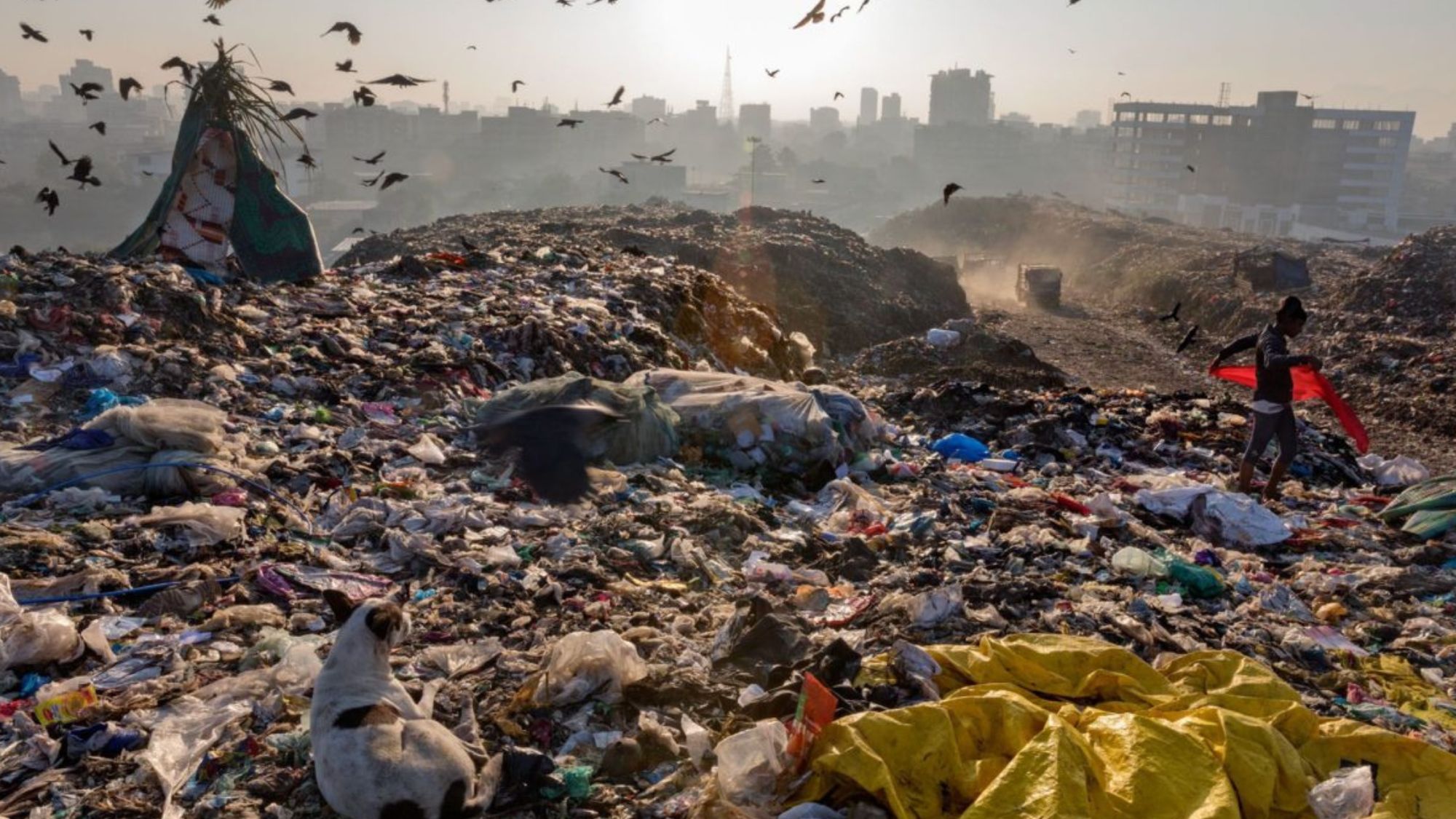Our planet is facing a monumental environmental crisis due to excessive waste generation. From overflowing landfills to pollution in our oceans and forests, the devastating effects of waste on our environment cannot be ignored. Individuals and businesses must promptly take action to minimize the consequences and adopt responsible waste management practices. In this article, we will explore the dire environmental effects of waste. And if you book a skip, you ensure that your waste is collected, transported, and disposed of by professional waste management companies. Unmanaged effects of waste significantly threatens our environment, affecting our ecosystems, wildlife, and human health.
Consequences Include:
Landfill Pollution:
Landfills are rapidly filling up, emitting harmful greenhouse gasses like methane, which contribute to climate change. These sites also release toxic substances into the soil and groundwater, contaminating local ecosystems and posing health risks.
Air Pollution:
Burning waste releases harmful pollutants into the air and many other effects of waste, contributing to air pollution and respiratory issues. Toxic chemicals and particulate matter from waste incineration pose serious health risks to both humans and wildlife.
Water Contamination:
Improperly discarded effects of waste often finds its way into water bodies, polluting rivers, lakes, and oceans. This pollution disrupts aquatic ecosystems, harming marine life and endangering the delicate balance of our water resources.
Soil Degradation:
Dumping non-biodegradable or biodegradable waste into the soil inhibits its natural fertility, making it difficult for plants to grow and flourish. This impacts agriculture, food production, and the overall health of our ecosystems.
Wildlife Endangerment:
Marine animals and land-dwelling creatures often mistake effects of waste items for food or become entangled in plastic debris. This leads to injury, suffocation, and even death, threatening biodiversity and disrupting fragile ecosystems.
Health Risks:
Improper waste management, characterized by uncollected and untreated waste, has far-reaching health risks, socioeconomic costs, and environmental consequences. This practice contributes to the emission of methane, foul odors, air pollution, and contamination of land and water sources. Moreover, it creates a breeding ground for disease-carrying rodents, insects, and flies, posing significant health threats to humans.
Responsible Waste Management Practices:
There are some responsible practices for waste management.
Raising Awareness and Promoting Waste Reduction:
Educating the public about the environmental and health impacts of waste. Encouraging individuals and communities to adopt sustainable consumption habits. Promoting the importance of reducing, reusing, and repurposing items to minimize waste generation.
Recycling and The Importance of Circular Economy Initiatives:
Establishing comprehensive recycling programs and infrastructure.Encouraging proper sorting and disposal of recyclable materials. Emphasizing the concept of a circular economy, where waste is seen as a resource to be recycled and reused.
Recycling and the Importance of Circular Economy Initiatives:
Establishing comprehensive recycling programs and infrastructure. Encouraging proper sorting and disposal of recyclable materials.The idea of a circular economy is stressed, which views waste as a valuable resource that can be repurposed and recycled.
Implementing Effective Waste Management Policies and Regulations:
Enforcing stricter waste disposal regulations and penalties for non-compliance. Encouraging extended producer responsibility to reduce waste at the source. Fostering collaboration between governments, businesses, and communities for effective waste management systems.
Encouraging Public-Private Partnerships for Sustainable Waste Management:

Collaborating with businesses and industries to implement sustainable waste management practices.Supporting initiatives that promote waste reduction, recycling, and responsible disposal.Creating incentives for businesses to adopt eco-friendly practices and technologies.
Investing in Waste Infrastructure and Facilities:
Developing and improving waste collection and recycling facilities.Investing in waste treatment and disposal technologies. Ensuring adequate funding for waste management programs and infrastructure development.
Engaging Communities and Fostering Behavior Change:
Encouraging active participation of communities in waste management initiatives. Providing education and resources for proper waste sorting and disposal. Rewarding and recognizing communities for their efforts in waste reduction and sustainable practices.
Monitoring and Evaluation for Continuous iImprovement:
Implementing monitoring systems to track waste generation, recycling rates, and environmental impact.Conducting regular evaluations to identify areas for improvement in waste management practices. Adapting strategies and policies based on the feedback and data collected.
Conclusion: Devastating Effects of Waste:
In conclusion, the devastating effects of waste on our environment are numerous and far-reaching. Reducing waste generation is crucial and requires taking action, properly disposing of waste, and recycling as much as possible. We must also hold industries accountable for their waste generation and disposal practices. By working together, we can mitigate the negative impact of waste on our environment and create a more sustainable future.
